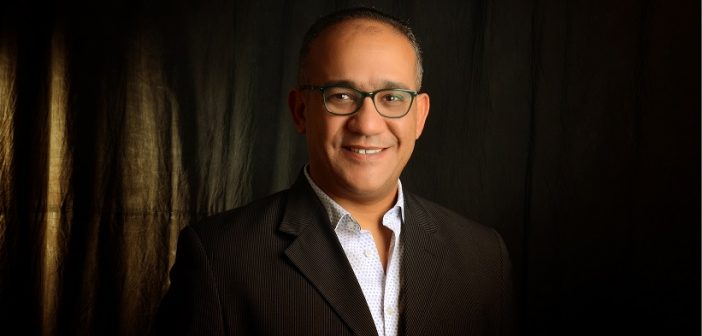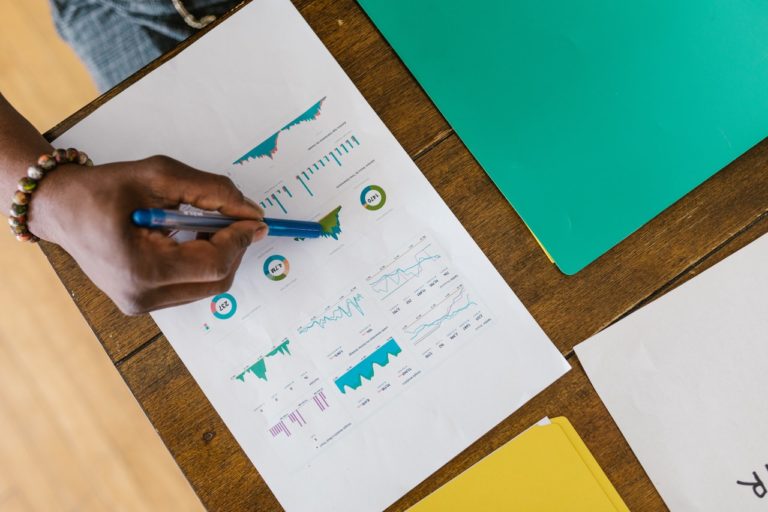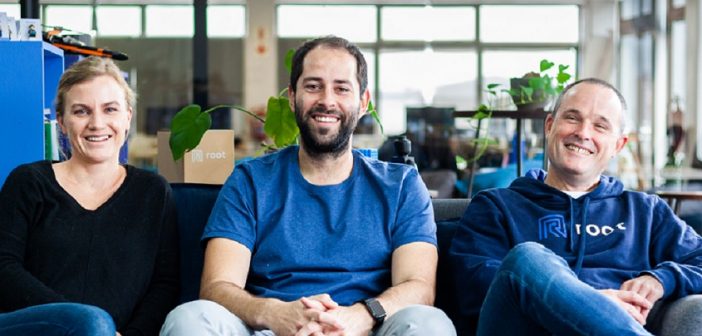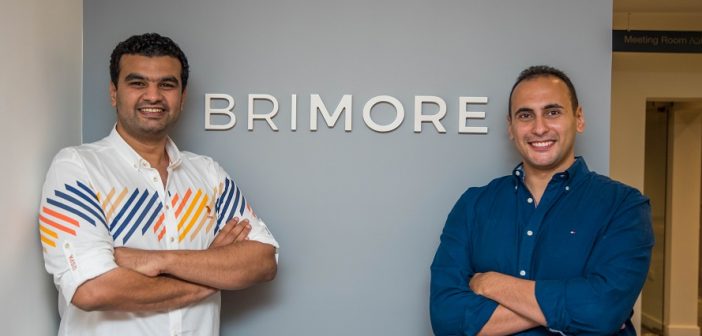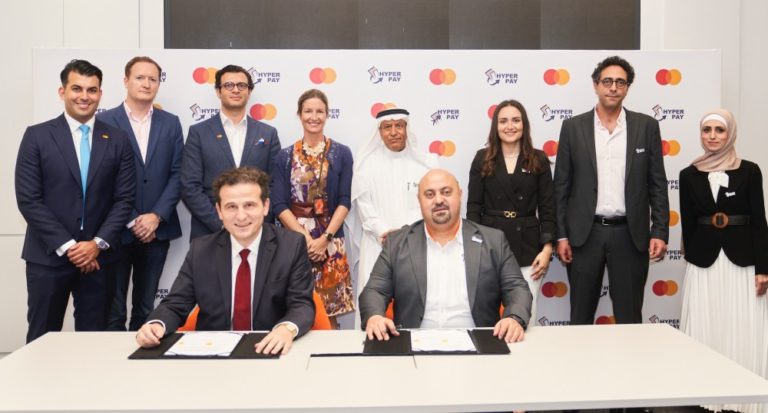Brimore, an Egyptian social commerce startup, has raised $25 million in funding led by IFC and Endure Capital.
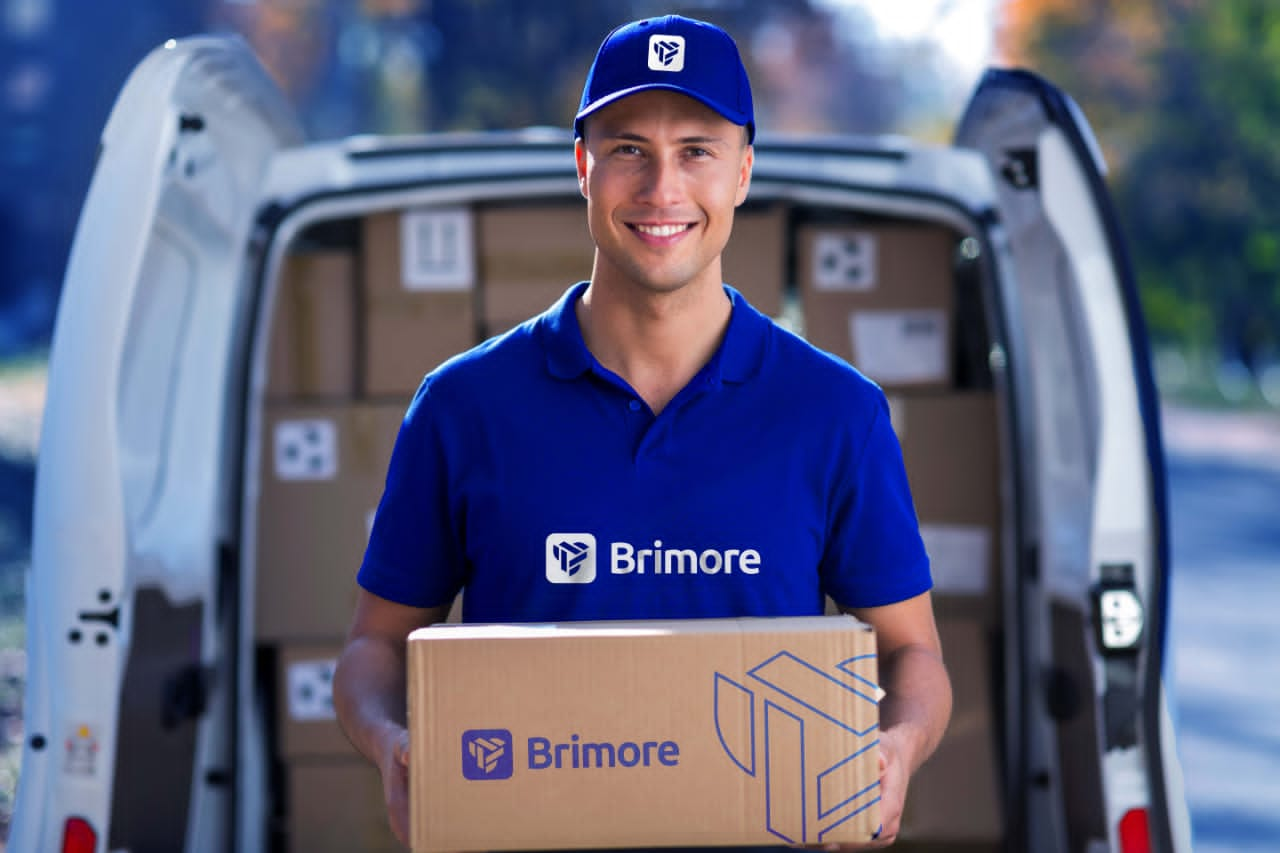
By 2024, the Egyptian social e-commerce market will be worth more than $14.8 billion. The market opportunity can be attributed to the increase in online social sellers in the country, with over 1.25 million of them assisting lesser-known brands in selling and distributing their goods through various networks.
Brimore, a market leader in the country and, to a lesser extent, Africa, has raised $25 million in a Series A round following three years of impressive growth. Mohamed Abdulaziz and Ahmed Sheikha founded the company in 2017.
While working in the FMCG industry, both founders saw how difficult it was for emerging brands to get their products to the mass market due to the dominance of established brands, which had built distribution infrastructure for themselves over time.
On the other hand, thousands of people, mostly women and stay-at-home moms, wanted to start their own e-commerce businesses but had no idea how to get started or what products to sell.
“We began working on Brimore with the intention of eventually manufacturing our own products.” However, producing our products wasn’t the best decision at the time because it was a very asset-heavy model,” said CEO Abdulaziz in an interview with TechCrunch.
“As a result, we began to scale by listing various products.” At the same time, it was fascinating to observe how the network formed on the other side. From a seller standpoint, we began onboarding an increasing number of sellers. The majority of them are female.”
Brimore, as an omnichannel social commerce platform, connects both worlds through an app. As a result, small and medium-sized suppliers may be able to provide these individuals–who also work as sellers and word-of-mouth marketers–with access to these emerging products. As a result, these manufacturers have complete control over advertising and marketing, while these sellers can start their own e-commerce businesses and earn extra money.
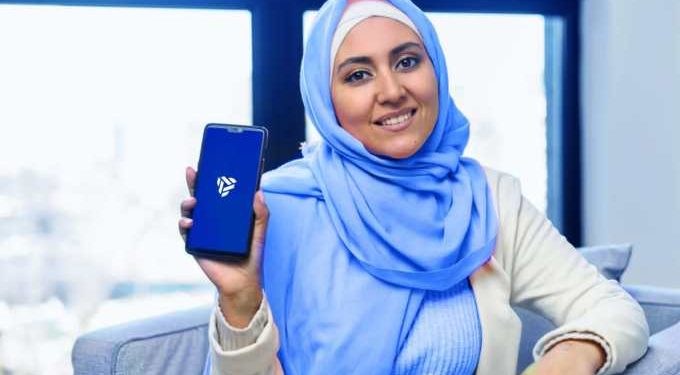
Brimore claims to have increased revenue by 400% in the last three years. On the platform, there are over 300 suppliers with over 8,000 different SKUs from packaged foods, personal care, and household goods. The social commerce platform has also established a network of 75,000 sellers (74 percent of whom are women) in 27 Egyptian cities, primarily in rural and remote areas.
Brimore stated in a statement that it uses “its unique infrastructure–an ecosystem of supply, demand, logistics, and finance–and proprietary technology to provide market penetration opportunities to emerging brand owners.”
“We are constructing a smart and dependable infrastructure as well as a complete ecosystem that will enable the masses to conduct commerce.” So anyone, whether they own a shop or are a stay-at-home mom, can do commerce with Brimore online or offline,” said Ahmed Sheikha, the company’s chief business and investment officer.
When sellers sign up for the platform, they are presented with a variety of product images from various manufacturers. They post these images on social media platforms such as Facebook, Instagram, WhatsApp, and Telegram, as well as generate orders and place them on the app. Brimore’s delivery process is determined by where the sellers want their products delivered: to them or to their end consumers.
According to the founders, while sellers frequently prefer to have their products delivered to their homes, the availability and flexibility of both options distinguish Brimore from similar social commerce platforms such as Taager.
Brimore earns a profit from the difference in prices between suppliers and sellers. Milezmore, the company’s spin-off, handles warehousing, last-mile and fulfillment infrastructure; prior to last year, third-party logistics handled those operations.
In highlighting how beneficial Brimore has been to its sellers, Abdulaziz stated that 24 percent of them have reported a’significant improvement’ in their lifestyle and 88 percent have reported an increase in income since beginning to use the platform.
Brimore’s next phase would be to “grow in Egypt by 50x within the next couple of years,” the CEO said in a statement. Other uses of funds include expanding its logistics and operational infrastructure, doubling its staff size, tripling product catalogues, and quadrupling its network of sellers and suppliers.
On the call, Abdulaziz also mentioned Brimore’s plans to introduce financial products, specifically credit, and replicate its Egyptian efforts in other African markets.
“We want to break through the concept of going to market in Africa.” “We know that Africa is like 54 different markets, each with its own dynamics,” he explained. “Our vision is that if we can crack the concept of go-to-market through people and reach the online and offline markets while also incorporating the component of trust, we will be on our way to the new age of commerce, and cross-border trade will be our next step.” Because we enable the difficult part of market access, anyone can produce anything and sell it anywhere.”
The new financing round was led by the International Finance Corporation (IFC) and Endure Capital. According to Walid Labadi, IFC’s country manager for Egypt, this is the organization’s largest direct investment in the social commerce space worldwide.
Other investors include fintech giant Fawry, Flourish, Endeavor Catalyst Fund. Existing investors who participated in its $800,000 seed round and $3.5 million Series A, such as Algebra Ventures (led both rounds), Disruptech and Vision Ventures, participated.


